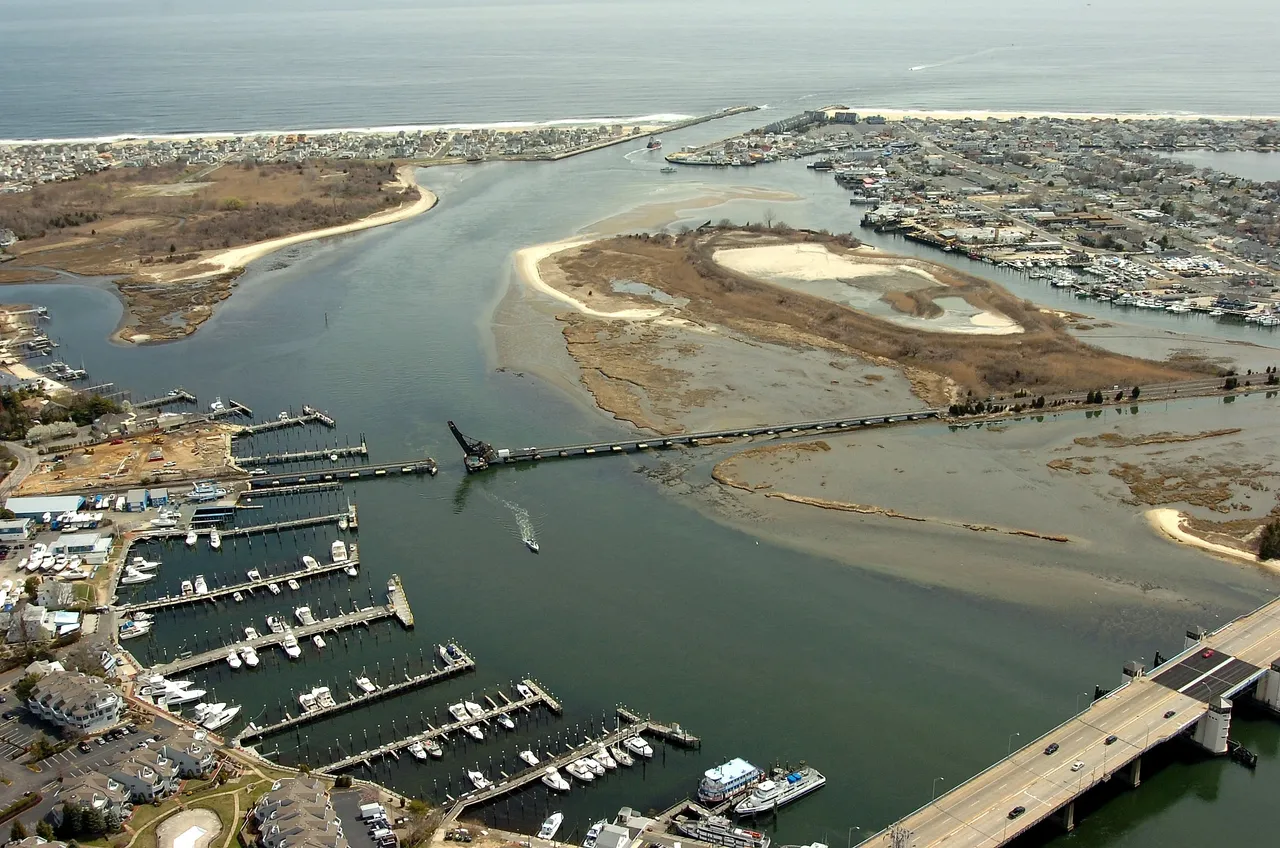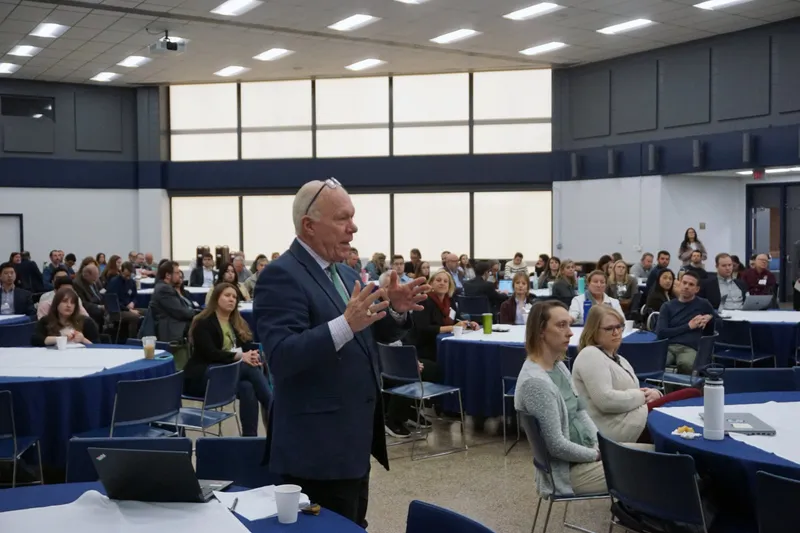
Members of the New Jersey Coastal Resilience Collaborative’s workgroups shared the following updates on their recent activities. If you have questions about a workgroup or are interested in volunteering contact NJCRC.
CHARRM Workgroup
The Coastal Habitat and Aquatic Resource Research and Monitoring (CHARRM) Workgroup held a productive and informative session at the New Jersey Coastal and Climate Resilience Conference in March. Danielle McCulloch (USFWS) and Jessie Murray (NOAA Fisheries) kicked off the session by introducing the workgroup, their deliverables and the 2024 work plan. Brian Marsh from the USFWS Delaware Bay Coastal Program presented his work on a “Programmatic approach for assessing salt marsh in Delaware and New Jersey utilizing low-cost, low-disturbance methods for enhancing resilience.” The session ended with a breakout group activity to inform CHARRM’s permitting guidance document.
Feedback from this session was built upon at the March and April monthly meetings. This document will provide an easy-to-reference summary of regulatory processes related to the coastal zone, specific requirements of federal, state, and local agencies and their key issues, concerns, and recommendations for habitat restoration projects. We look forward to delivering this highly anticipated Permitting Guidance Document by the end of the year.
Ecological Restoration and Science Work Group
The Ecological Restoration and Science Workgroup was pleased to be a part of the 2024 New Jersey Coastal & Climate Resilience Conference held at Monmouth University March 12-14. The workgroup session, “Moving Towards a Proactive Restoration Mindset,” aimed to start a conversation about moving the current restoration paradigm to one of ecological pragmatism, urgency, and innovation. The Ecological Restoration and Science Work Group would like to thank those that helped make this session happen, as well as our featured speakers Bart Wilson (USFWS) and Rob Miskewitz (Rutgers University).
Rob and Bart delivered insightful and frank presentations which led to thought-provoking questions and conversation to close out the session. Now that the conference is over, we are ready to get moving on other tasks and build upon what we learned at the conference, including the preparation of a white paper drawing from the session.
Technical Assistance Coffee Chat Workgroup
The NJCRC’s virtual Technical Assistance Coffee Chats are hosted every other month with expert speakers across coastal and climate resilience sectors. The most recent Coffee Chat was on a model climate vulnerability assessment for municipalities. You can find archived recordings of the Coffee Chats online at https://nj-crc.org/coffee-chats. The workgroup continues to produce Coffee Chats in light of positive feedback and facilitated connections that have been a benefit to coastal communities.

The workgroup needs the assistance of the NJCRC partnership to keep producing highly effective opportunities. If you have ideas regarding topics that would be useful to coastal stakeholders, how to track the Coffee Chats’ success, or if you’re interested in facilitating webinars, the workgroup welcomes your ideas and assistance. Volunteer to be a part of the Technical Assistance Coffee Chat Workgroup by sending an email to NJCRC@NJSeaGrant.org.